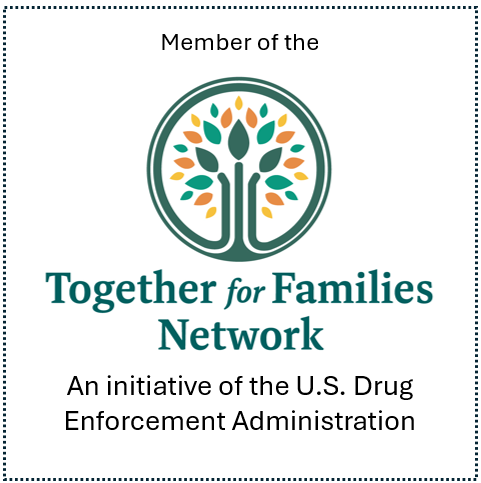When Relationships Crack Open: What We Learn from Public Scandals About Love, Repair, and the Real Work of Being a Couple
Ask the Experts | Julia Kline
We’ve all seen the headlines.
Another high-profile relationship rupture splashed across social media — a public-facing couple caught in a private crisis. At first, we scroll by. Maybe we laugh. Maybe we judge. But if we pause for even a moment, we can’t help but feel the deeper ache: the unraveling behind the scenes, the quiet devastation, and the families left sorting through the fallout.
As a therapist who specializes in couples work and relational repair, I’ve spent years sitting with partners navigating the raw aftermath of betrayal, miscommunication, and emotional distance. I’ve witnessed the courage it takes to speak honestly, to own our pain, and to choose repair — not because it’s easy, but because love still matters.
These public moments remind us that relationships are deeply human — messy, layered, vulnerable — and that the real work of partnership often happens far away from the spotlight.
Infidelity Isn’t Just a Scandal — It’s a Signal
Cheating doesn’t only happen in celebrity circles. It’s far more common than many realize — and far more complex. Infidelity, emotional or physical, is often a symptom of deeper relational wounds:
- Emotional disconnection or unmet needs
- Lingering trauma or grief
- Communication breakdowns
- Power imbalances or boundary confusion
- Loneliness within the relationship
None of this justifies betrayal. But understanding it helps us move beyond shame and blame toward insight and healing. When couples come to therapy, they’re not just asking, “Can we survive this?” They’re asking, “Can we become stronger through this?”
What Makes Relationships Resilient?
While no relationship is immune to rupture, there are skills and practices that build resilience and intimacy:
- Make repair a regular ritual. Disconnection is inevitable. Repair is optional — and vital.
- Say the hard things. Vulnerable conversations about needs, fears, and dreams build trust.
- Honor differences in how we communicate, feel, and cope. Neurodivergent, trauma-informed, and emotionally diverse relationships need flexibility and compassion.
- Revisit your boundaries. They should reflect mutual care, not control.
- Stay curious about each other. Even after years together, partners change. Keep learning.
These are the skills we teach in couples therapy. It can be space to reconnect, deepen communication, and rediscover what brought you together in the first place.
Let’s Debunk the Myths About Love and Betrayal
- “People cheat because they don’t love their partner.”
Not always. Sometimes, it’s about emotional neglect, trauma responses, or a cry for help. - “Once trust is broken, it’s over.”
Not true. Trust can be rebuilt — with time, accountability, and support. - “Therapy is only for couples in crisis.”
In reality, it’s for couples who want to be intentional, curious, and strong.
A Path Forward — With Compassion
Whether you’re in a relationship that’s thriving, struggling, or somewhere in between, this is your invitation: pause, reflect, and tend to the space between you.
Show up. Speak the truth. Repair when things get hard. Because love isn’t built in grand gestures — it’s built in the daily practice of choosing each other.
Let this be your sign to take that next step — toward connection, repair, and a relationship that doesn’t just survive, but grows stronger with care.






